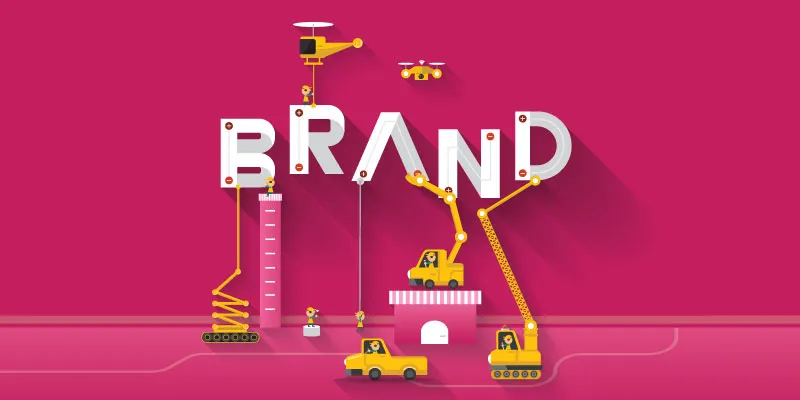How entrepreneurs can build a personal brand
Every day, hundreds of new startups and entrepreneurs are mushrooming around the country. To make a mark in today’s times as an entrepreneur and a leader, you must stand out with unique skills. There is no room for yet another entrepreneur in the sea of so many existing ones. So what will set you and your startup apart from your competitors? You need a personal brand – one that represents who you are, what your vision and mission are, what your ideologies are and what you stand for. With our use of the internet and social media networks, we have, knowingly or unknowingly, already created a personal brand for ourselves. It’s not just us; studies say that 92 percent of children under the age of two already have a digital footprint. So how do you then mould this brand to really express who you are and leverage it to drive consumers to your business?

Image : shutterstock
Think of yourself as a brand
List down what you want people to think of when they hear your name. Would you want to be considered an expert in a particular stream? Or, do you want to be associated with an easy-going, loyal image? Once you are clear on all the aspects of your personality that is to be projected by your personal brand, you can strategically create the same image online. Do not worry, you are not faking anything or lying. You are only directing your audience’s attention to the most valuable part of your personality.
Build up your online presence
The most important thing you would want as an entrepreneur is a good, positive and strong online presence. Incomplete LinkedIn profiles, unprofessional Twitter feeds and crazy Facebook activities are a strict no-no. Make sure all your professional profiles are updated, and clear your Twitter feed of unwanted tweets. It is also best to maintain a separate Facebook profile for personal use and shift all your professional posts to another Facebook page in your name. Make sure your posts are consistent with the brand you are trying to create and be regular in your posting. A recent study on Twitter followers found that those who tweeted more had a larger following. Do not be afraid to repost old content as your new followers may find it useful.
Build a personal website
You may argue that you are already active on social media and you don’t need a website or you may be afraid of coming across as tacky. Whatever be your excuse, it does not match up to the returns and reach a website can provide your personal brand. According to a study conducted by branded.me, 71 percent of the 1000 plus professionals who were surveyed said that they had received tangible benefits from creating and managing a personal website. About 53 percent of them said that they considered their websites as the most important aspect of their online brand. It need not be an elaborate affair, but the must-haves are a good professional photograph, your bio, your full contact details and preferably some work you have accomplished in the past, in the form of a portfolio or as case studies.
Start a blog on your website
This is one of the easiest ways to build credibility and to be known as an expert in your field. It will push up your reputation by leaps and bounds and you can show off your expertise. Once you are able to give people useful information, they will remain loyal to you and consider you a trusted source of information. The above-mentioned survey by branded.me found that 65 percent of professionals ran a blog on their personal websites and 62 percent of them used it for building a professional image. Post regularly in your blog and you could even write guest posts for other reputed blogs to increase your visibility.
Network online and offline
The only way to make real connections, both online and offline, is by networking. Talk to individuals in your own field of expertise or strike up a conversation with social media influencers. Offline, you can attend networking events, maybe even speak at a few, thereby creating value for your personal brand. The more people you meet, the stronger your personal brand will be.
Understand that it takes some time to build a good and lasting personal brand. If you wish to stay relevant through this period and in the future, you need to constantly update your skill set and be open to learning. If you are not growing as a person, your personal brand will remain stagnated. So stay at it till you find that your target audience has started responding and be consistent in your efforts.







